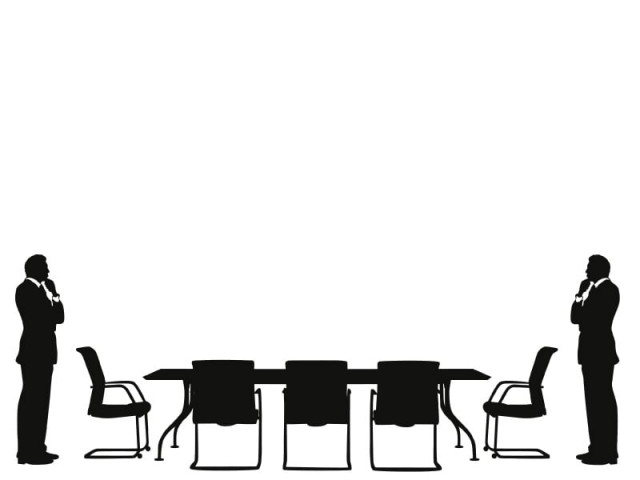Roundtable: Despite differences, political parties see eye to eye on education policy
Propose increase in education budget to 5-7% of GDP, uniform education system.

After a heated debate at a roundtable on Tuesday, political parties unanimously agreed to increase the education budget to between five and seven per cent of the Gross Domestic Product (GDP) in the next five years. They also agreed to launch a uniform education system and to increase the capacity of teachers in order to improve the standard of education in the country.
Syed Bilal from Jamaat-e-Islami, Jalil Jan from Jamiat-e-Ulema-e-Islam (JUI), Salahuddin Sheikh from Muttahida Quami Movement (MQM), Fauzia Naz from Pakistan Muslim League-Q (PML-Q), Shehla Raza from Pakistan Peoples Party (PPP) and Hina Manzoor from Pakistan Tehreek-e-Insaf (PTI) represented their parties at the roundtable discussion, which was organised by Pakistan Coalition for Education and Oxfam at a local hotel here on Tuesday.
Zehra Arshad, the national coordinator from Pakistan Coalition Education said that as per Article 25-A of the Constitution of Pakistan, “the state is responsible for provision of free and compulsory education to all children of the age of five to 16.”
“But it is unfortunate that education has never been the priority of any government,” said Arshad. Evidences suggest that the official literacy rate is still 56 per cent, with wide gender and rural-urban disparities and high dropout rates across the country, he said. Less than 30 per cent of the children receive secondary education, while the education budget is less than two per cent of the GDP, he added.

Harris Khalique said that all political parties should focus on setting up a uniform education system and increasing the education budget. Focus should also be on efficiently utilising the education budget in order to train more teachers and appoint more female teachers at the primary level.
Dr Shehla Raza, deputy speaker Sindh Assembly of the PPP pointed out that more and more children, a majority among them girls, are dropping out of primary schools due to poverty. The speaker said a large population of children do not have access to schools, especially after completing their primary school, as the number of middle schools is one-third of primary schools.
“Dialogues help to multiply effort of all stakeholders which are working for public policy domain,” said Bilal of JI. He stressed the need to set up one strong education policy according to the constitution – a task he said none of the previous governments have been able to complete. He vowed that if JI comes to power, the party will work to bring 100 per cent literacy during its five-year tenure.
Abdul Khalil Jan and Banori from JUI also stressed upon the need to set up a uniform education system in Pakistan. They also suggested that madrasa education should also be included in the minimum common agenda for education.
Salahuddin Shiekh from MQM said there should be one school for a population of 5,000 and called for increasing the education budget up to five per cent of the GDP.
Hina Manzoor from PTI said that there should be no political interference in transfers, appointment and other related issues to education. “PTI has drafted a comprehensive paper to improve the status of education, if they come in power,” she added.
Despite some heated arguments among members of a few parties, the representative signed the minimum agenda for education with consensus.
Published in The Express Tribune, December 19th, 2012.



















COMMENTS
Comments are moderated and generally will be posted if they are on-topic and not abusive.
For more information, please see our Comments FAQ